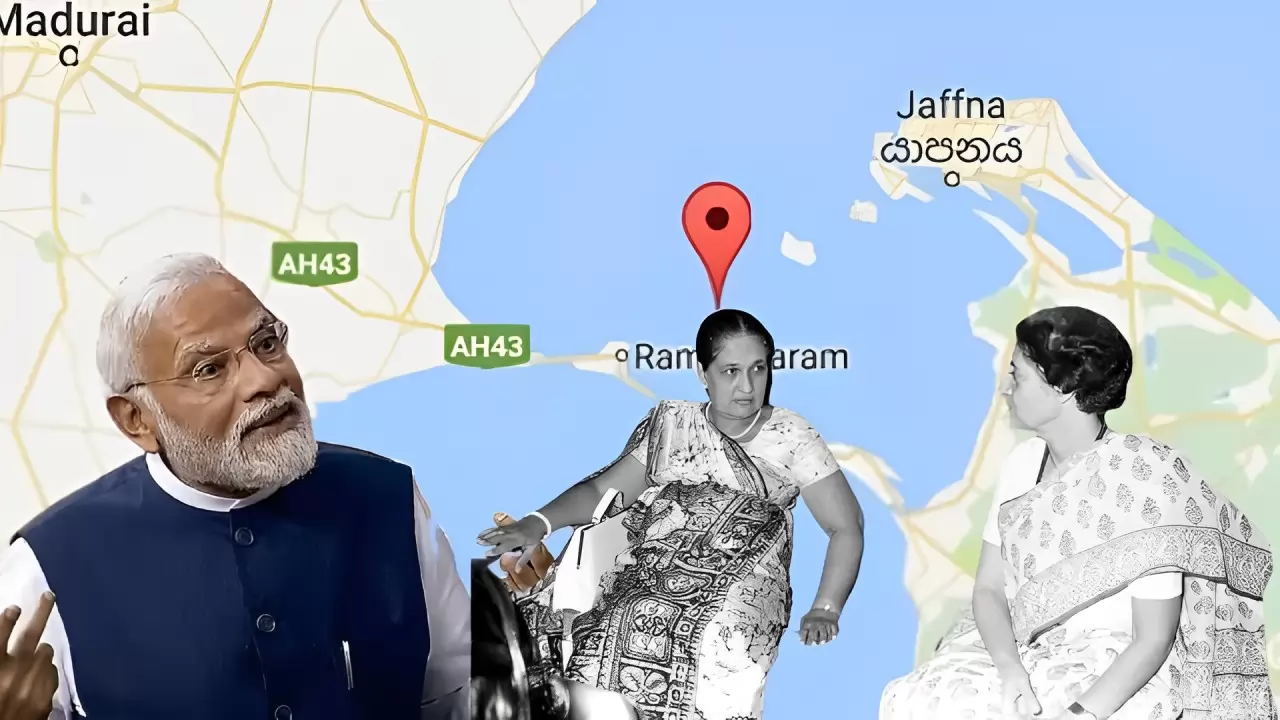
Katchatheevu island: Prime Minister Narendra Modi's recent tweet rekindled the controversy surrounding the Katchatheevu island, accusing Congress of irresponsibly ceding it to Sri Lanka. However, delving into history reveals a more nuanced narrative behind this contentious issue.
Katchatheevu, a minuscule island nestled between Rameshwaram and Sri Lanka, has been embroiled in a longstanding dispute between the two nations. Its origins trace back to the 17th century when it was under the dominion of Raja Ramananda of Madurai and later fell under the jurisdiction of the Madras Presidency during British rule.
Tensions over fishing rights on Katchatheevu surfaced as early as 1921, intensifying post-independence. In 1974, the 'India-Sri Lanka Maritime Boundary Agreement' was inked, relinquishing India's claim on the island to foster better relations with Sri Lanka.
The decision to cede Katchatheevu was justified by the Indian government citing its perceived lack of strategic significance. However, this move was vehemently opposed, particularly by Tamil Nadu fishermen who relied on the bountiful waters surrounding the island for their livelihood.
While India renounced territorial claims on Katchatheevu, it retained rights to the surrounding maritime area, leading to ongoing disputes over fishing rights. Incidents of Indian fishermen being detained by the Sri Lankan Navy further exacerbated tensions.
Beyond the economic ramifications, concerns linger over the island's strategic importance. Some analysts posit that Katchatheevu's location could assume greater significance in the future, adding another layer of complexity to the dispute.
Dialogue between India and Sri Lanka persists in an attempt to address the multifaceted dimensions of the Katchatheevu issue. Efforts are underway to ensure the welfare of fishermen and navigate the strategic implications of the island's status.
The Katchatheevu conundrum transcends the confines of a mere territorial dispute, encapsulating livelihood concerns, maritime rights, and strategic interests. As discussions continue, the resolution of this complex issue remains pivotal for fostering amicable relations between India and Sri Lanka.





Copyright © 2026 Top Indian News
